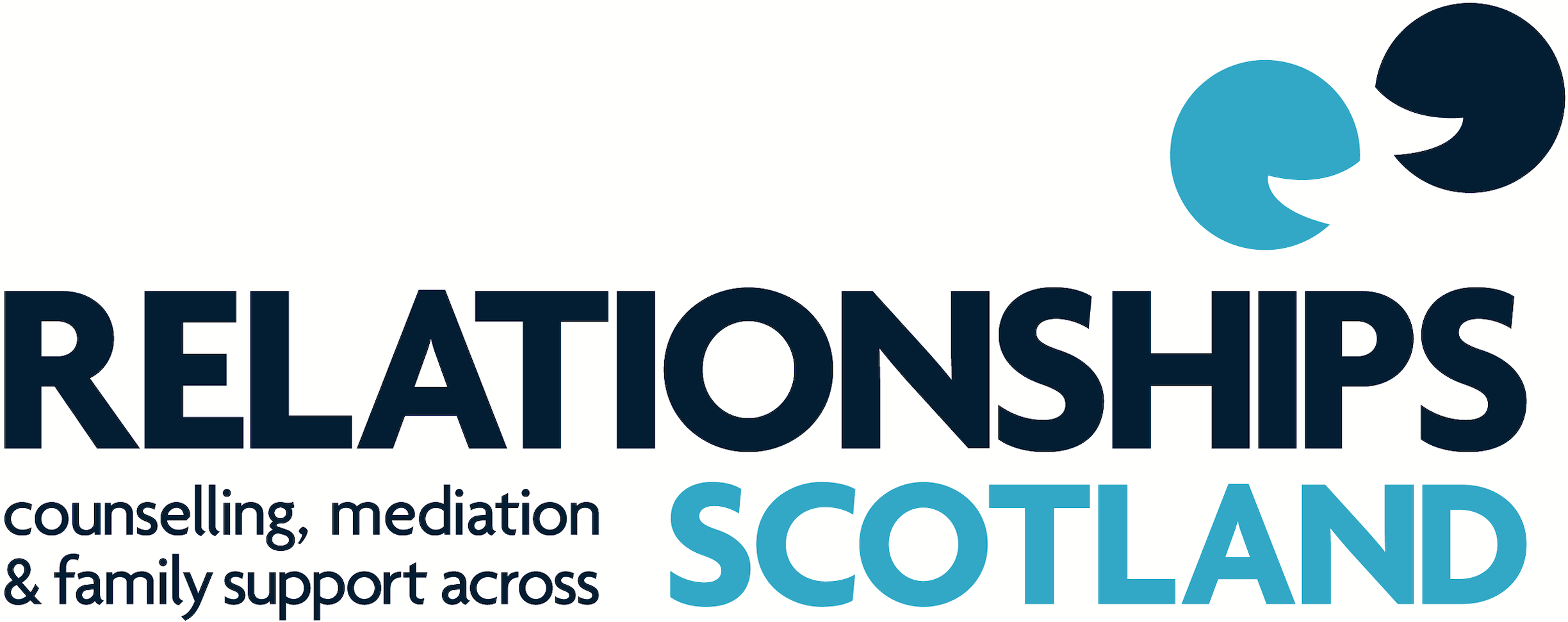
Family Mediation: Untapped potential as a dispute resolution method in Scotland?
This is special guest blog post from Lauren Ferguson, 4th Year LLB Law (Honours) Student at Glasgow Caledonian University. Lauren’s post examines international perspectives in family mediation as a form of alternative dispute resolution (ADR). Lauren’s views do not necessarily reflect those of Relationships Scotland.
Mediation has become a widely recognised method of alternative dispute resolution. Putting an impartial third party in the middle of a dispute in order to initiate conversation between the parties may seem like a small step, however the positive effects of initiating this conversation can be demonstrated from effective mediation sessions. The intention is always to minimize, if not resolve the dispute with a clear plus point being that court can be avoided where mediation is utilised effectively.
Family mediation in particular has been recognised worldwide as an effective method of resolving disputes between divorcing couples with the avoidance of going to court, particularly in instances where children are involved in the split.
Various different countries have implemented different laws and regulations in relation to this, with some applying more strict policies than others.
The USA is a key leader in relation to mandatory aspects of family mediation. Their legislative definition of mediation is
‘a process in which a mediator facilitates communication and negotiation between parties to assist them in reaching a voluntary agreement regarding their dispute.’
This definition is clear cut and to the point, which is a quality various other legislative systems lack. A US study on the use of mediation compared to litigation found there to be savings of:
$10,735
88 hours of staff time
6 months litigation time
These figures speak for themselves.
Florida in particular applies a strict policy with regards to family mediation for divorcing
couples. Approximately 95% of all divorcing couples use mediation and avoid going to trial. In Orange and Seminole counties, all judges require all divorce cases to attend at least one mediation session before it is scheduled for trial. Perhaps this policy is too strict, in that it omits the voluntary aspect of mediation which is arguably one of the key features of this dispute resolution method. The success rates however indicate its success.
Australia adopt a policy with some similarities to the USA, however are not as strict and forceful. Parties are required to demonstrate a ‘genuine effort’ to resolve the dispute prior to going to court. Failure for this to be demonstrated can result in costs sanctions. Just as parties need to show a genuine effort, so to the mediators owe a duty to the parties to act in their best interests and encourage the use of mediation in appropriate circumstances. The efforts of both parties are intended to minimise disputes and resolve them as effectively and pain free as possible.
Some provinces in Canada actively encourage the use of family mediation for divorcing couples. In Quebec, in circumstances of divorcing parents with dependent children, the parties have a legal obligation to attend either a ‘parenting after separation information session’ or meet with a family mediator of their choice to discuss the option of family mediation. This is arguably one of the most effective and sensitive ways to encourage its use. The voluntary nature is still there, but the legal obligation means the parties are forced to enquire about the qualities that mediation can portray.
Closer to home, Ireland is effectively communicating the benefits and availability of family mediation to the public. While awaitingraft General Scheme of Mediation Bill 2012, already Ireland has increased public education of family mediation, with the intention of encouraging more parties to utilise this option. One particularly useful education mechanism is the educational videos available on YouTube.
Two videos were launched; one for the parties to the divorce and the other at the children caught up in it. The video for children emphasizes to them that they have the right for their voice to be heard. It also informs them of what may happen, how their parents may choose to deal with things, what will happen if their parents go to court, and who they should go
to should they wish to express their own feelings and opinions. It cannot be stressed enough how important it is to keep the children informed and to ensure that children know that their voice should be heard throughout the process, so this short, yet informative video serves that purpose.
England more recently has on 22nd April implemented legislation with provision for family mediation. Under the Children and Families Act 2014, all divorcing couples are now required to attend a mediation information session prior to going to court. Failure to do so will have implications for the parties involved, for example cost sanctions if it were to reach court. The success of the provision set out in the Act will be monitored and figures of rates of effectiveness of the information sessions will be discovered in due course.
It can be seen then, that various countries apply varying degrees of policy for family mediation for divorcing couples. There are advantages of each of the different systems, however it is essential for the importance of the voluntary nature of mediation to be respected and children should remain at the heart of the matter, in order to reach as amicable an ending to the relationship as possible.
